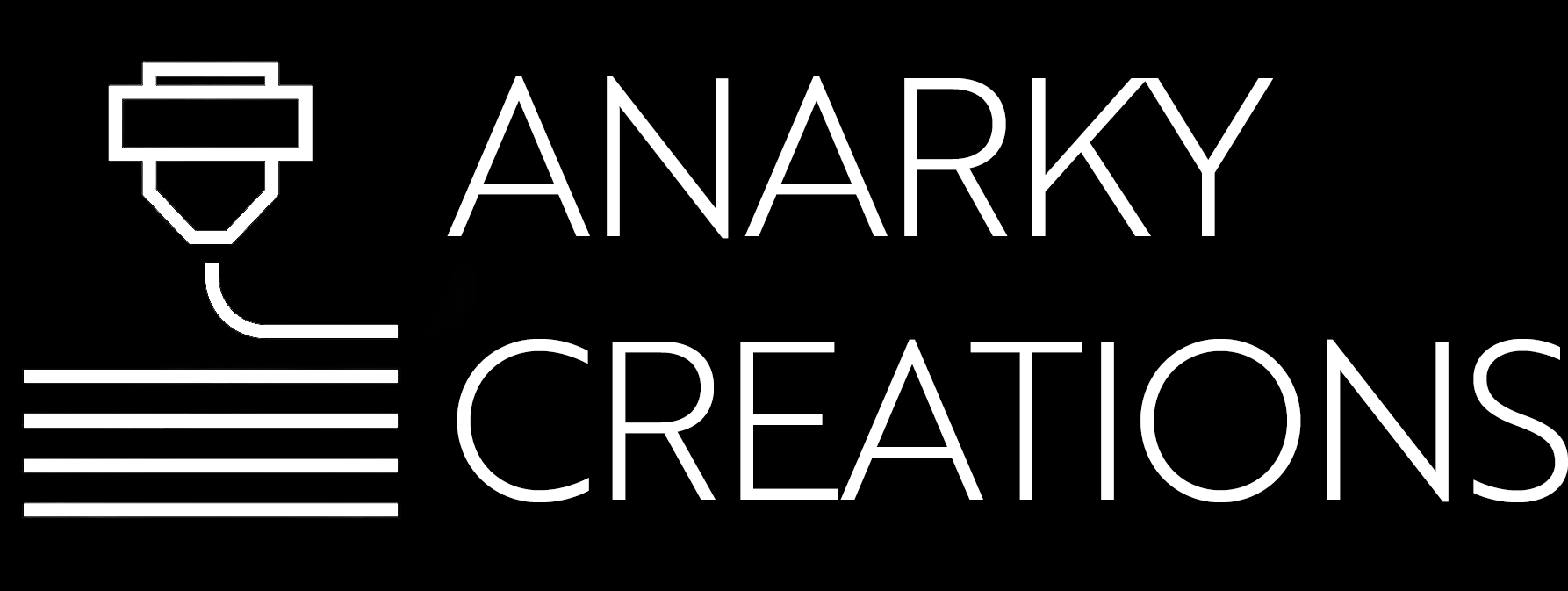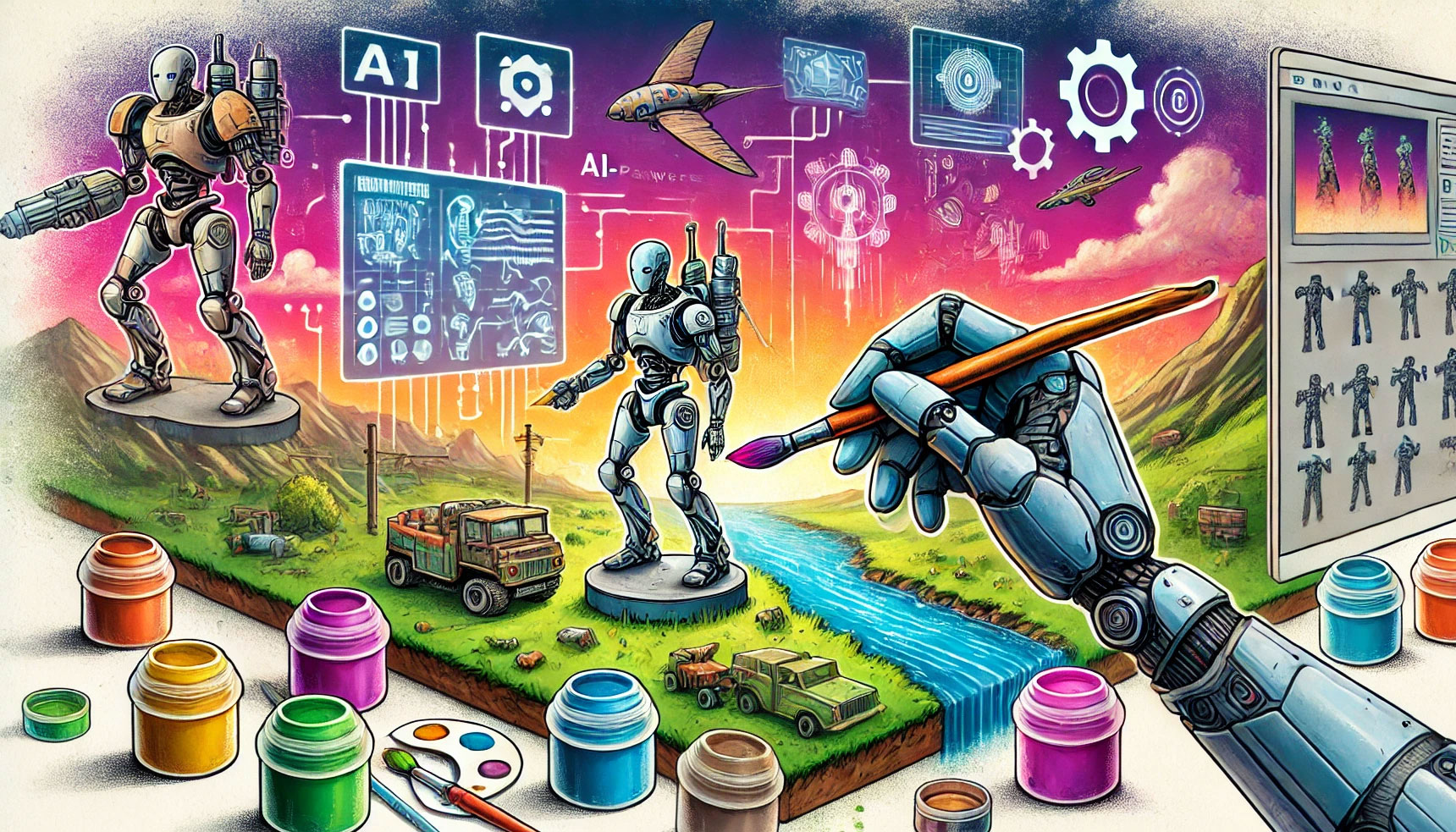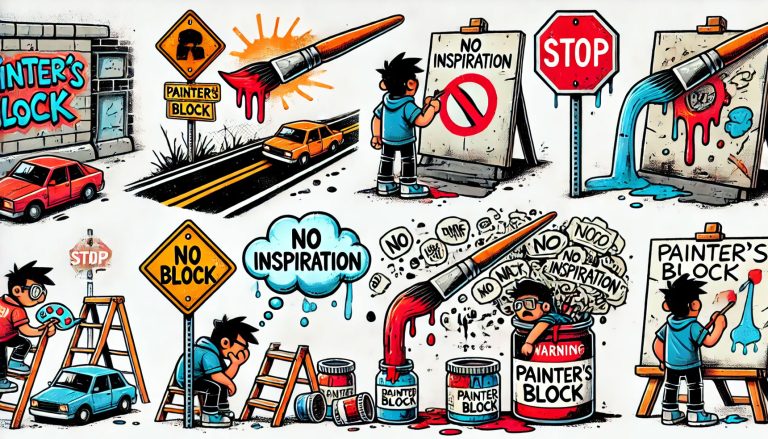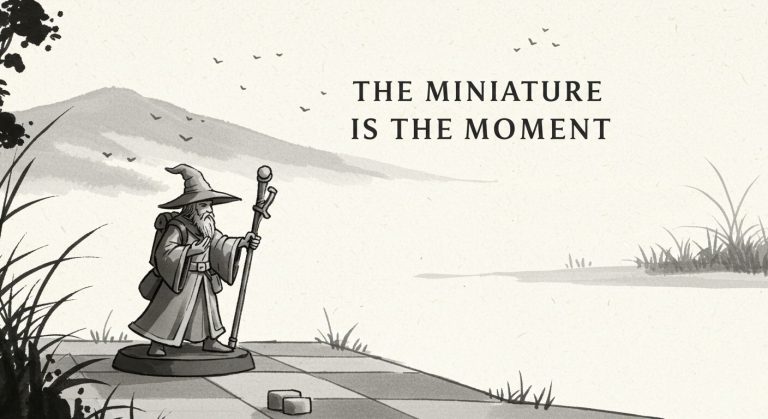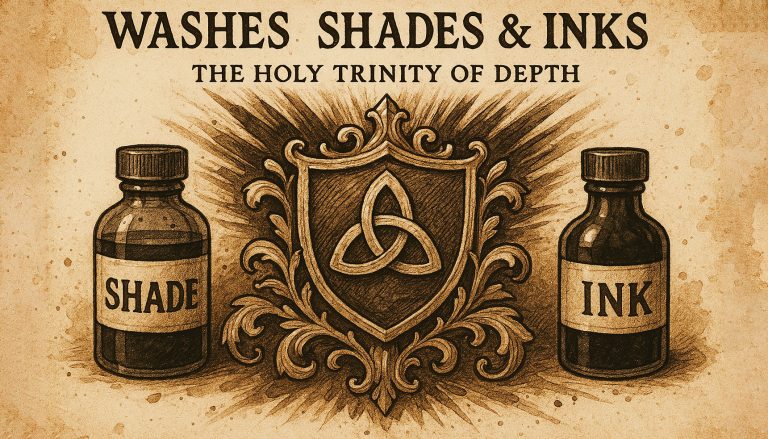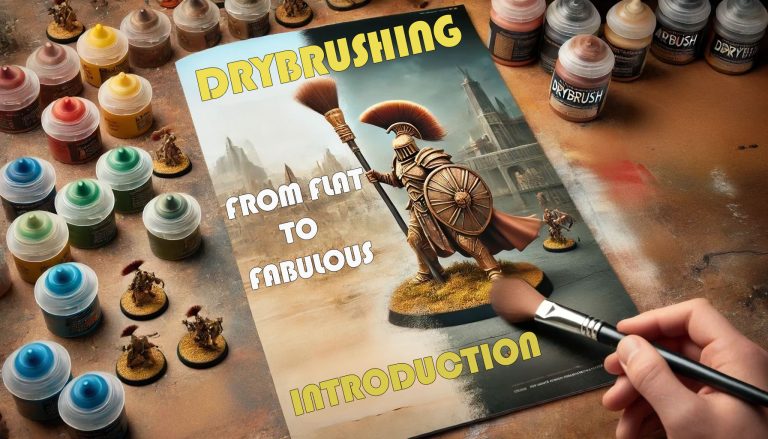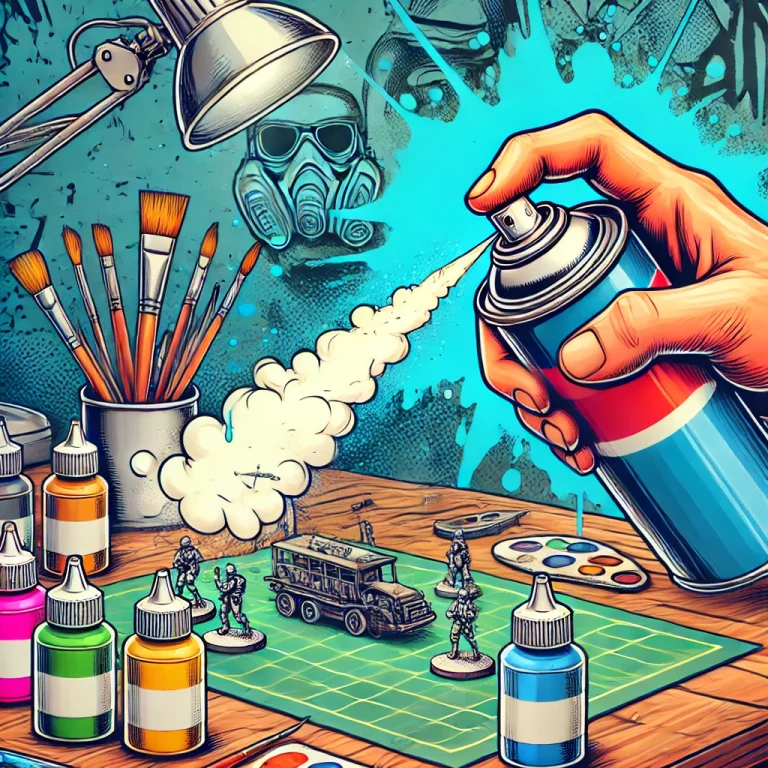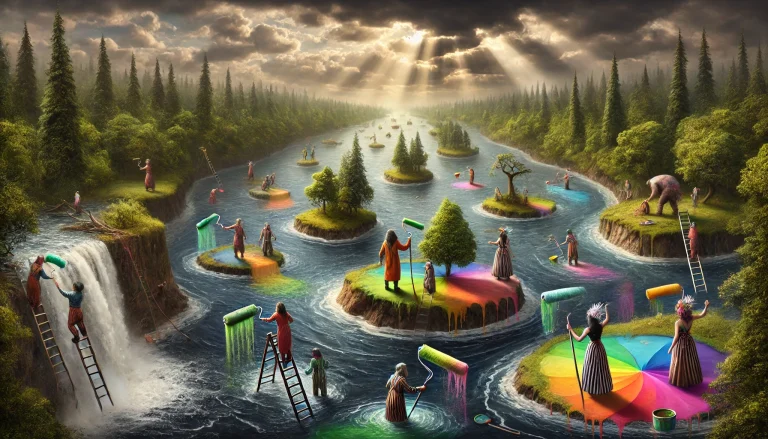From Bits to Bases: How AI is Transforming Tabletop Gaming
Embracing AI in Tabletop Gaming 🎨🤖
The world of tabletop gaming is built on precision, artistry and an unrelenting passion for detail. From intricately painted Warhammer armies to custom Dungeons & Dragons figures, the craft has always been driven by human creativity. Rather than replacing the artistry of miniature painting, AI is emerging as a powerful tool to enhance the creative process. Tools like Meshy AI and 3DFY.ai are already leading the way in AI-assisted design, while digital painting applications such as impcat help miniature painters experiment before committing to paint. Whether it’s refining designs or assisting with colour selection, AI is stepping into the tabletop gaming space in fascinating ways. Let’s explore how AI is shaping the future of tabletop gaming and whether the community is ready to embrace this transformation.
AI in Competitions: The Future of Fair Play? 🏆
Miniature painting competitions have long been the pinnacle of miniature artistry, with events like Games Workshop’s Golden Demon setting the highest standard. But as AI-assisted painting tools become more advanced, new ethical and logistical challenges arise. At present, many major painting competitions do not allow AI-generated or AI-assisted entries. This policy stems from concerns over originality, fairness, and maintaining the integrity of traditional painting skills.
AI as a New Category? Rather than banning AI outright, competitions could introduce a dedicated AI-assisted category. Where participants actively use AI tools (which could be defined) to enhance or modify their work. The role of AI in competitions currently raises more questions than answers.
AI as a Judge? Could AI objectively assess artistry? Unlikely. Could it evaluate technical execution, colour theory, and consistency? More likely. Will AI ever provide an additional perspective alongside human judges and potentially reduce bias. We do not know, assessing human judging bias itself is complex. While AI may enhance objectivity, it struggles with artistic nuances, making it better suited for technical grading rather than fully replacing human judgment. The key challenge remains, balancing precision with the creative subjectivity that defines miniature painting competitions.
As AI becomes more embedded in artistic fields, competition organisers will eventually need to balance tradition with innovation. Ensuring fairness while embracing new possibilities. And paving the way for a pinnacle shift.
AI-Driven Miniature Design: A New Era of Precision 🎭
For miniature and model designers, every detail matters. AI-driven modelling tools make it easier to craft with extreme precision, to the exacting standards set by tabletop gamers. If we could peek behind the doors of top industry studios, would we find traditional drawing boards or a sophisticated suite of digital tools powered by AI? The shift toward digital assistance and AI-assisted modelling is transformational. Blending time honoured artistry with cutting-edge technology. Transformation that is set to empower tabletop gamers.
- Model and Props AI: Platforms like Sloyd.ai are already generating AI-driven 3D models for gaming and printing enthusiasts. Sloyd supports props, buildings, weapons, vehicles and similar objects, but not humans or creatures.
- Miniatures for 3D Printing AI: Unlike AI that generates basic 3D models, advanced tools are being trained to understand real-world miniatures. Ensuring they meet the expectations of hobbyists and professionals. Meshy AI, for example, is leading the way in miniature generation.
- Miniatures for Artwork AI: Platforms like 3DFY.ai leverage traditional generative AI to model 3D artwork at what they describe as a professional level. Ideal for artists looking to create detailed miniatures based on specific concepts.
What’s Next? While widespread adoption remains uncertain, AI sculpting tools could soon enable users to generate hyper-detailed figures tailored to specific artistic styles or historical accuracy. Making high-quality miniature production more accessible to independent creators. Expanding the market beyond key manufacturers. If embraced, this shift could provide tabletop gamers with an unlimited miniature diversity and fresh opportunities for artistic expression.
Digital Painting Assistants for Miniature Painters 🎨
For miniature painters, digital tools and apps continue to make painting processes more efficient. Offering innovative ways to experiment, plan and refine work. Digital painting assistants help artists visualise colours, track paint inventories and streamline their workflow before picking up a paint brush.
- impcat : The Interactive Miniature Painting Catalogue, otherwise known as impcat offers a variety of miniature images that users can select from and then paint, with colours they own (or wish to purchase). Working with predefined colour palettes, using names and values as promoted by their manufacturers. Realistic previews enable experimentation before painting.
- PaintRack: Designed for paint inventory management. Available on Google Play, PaintRack helps users keep track of their miniature paints and offers colour matching across different brands.
- Citadel Colour: The App: Developed by Games Workshop, this app provides access to numerous painting tutorials categorised by model, colour and technique. It also includes tools to help organise your paint collection.
- Miniature Painter Pro: This app offers a colour picker, paint comparison across brands and tools for creating and saving colour palettes. Miniature Painting Pro assisting painters in planning and executing their projects.
What Next? While dedicated AI painting assistants for miniatures are still in their infancy, advancements in general AI art tools, like Leonardo AI and Deep Dream Generator, suggest that tailored solutions could soon follow. Whether manufacturer designed, user created or kitbashed – tools like these could soon be easily accessible. The hope is that advancements such as these would aim to ensure that AI enhances the painter’s vision rather than dictate it. Preserving the personal touch that defines the craft.
Conclusion: A Future of Coexistence 🌍
While AI cannot yet replicate the physical act of painting, the feeling of brush on canvas, it is not here to replace human creativity – it can supplement it. As new tools emerge so do new artists, each with a chance to embrace transformation through the exploration of fresh possibilities.
How do you see AI shaping the future of tabletop gaming? AI is opening doors but its integration must be thoughtful, ensuring that technology serves the artist rather than overtaking the craft. The future is one where AI and human creativity coexist, pushing the boundaries of what’s possible while preserving the passion that makes this hobby so special. As technology continues to evolve, the miniature community has a unique opportunity to shape its role.
Are you ready to embrace this transformation?
